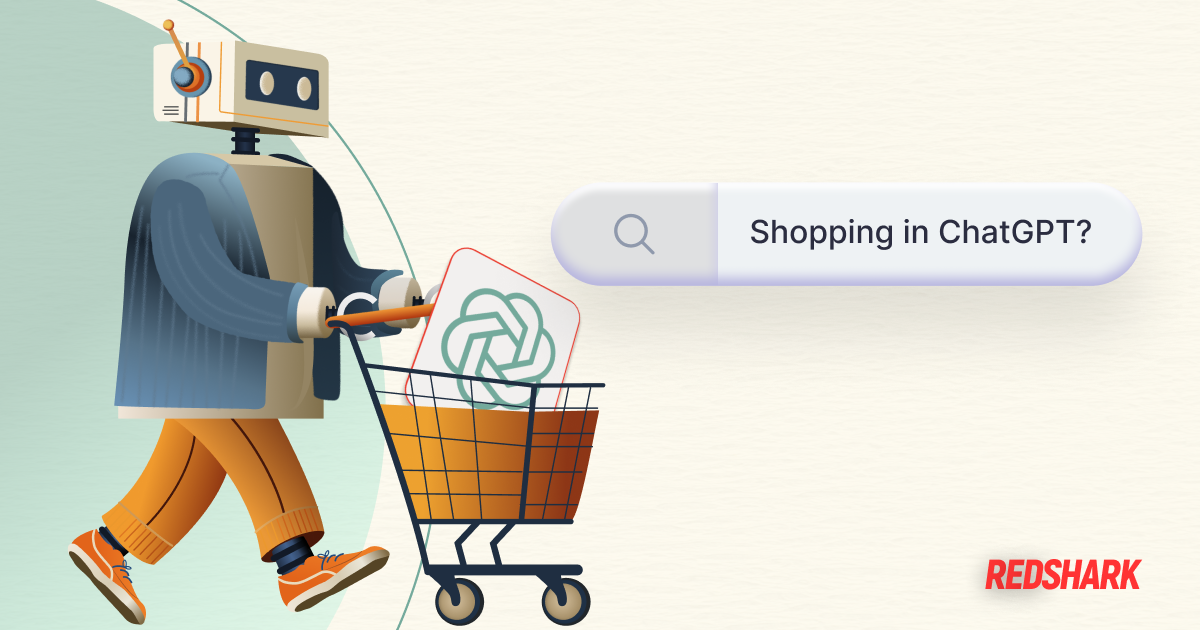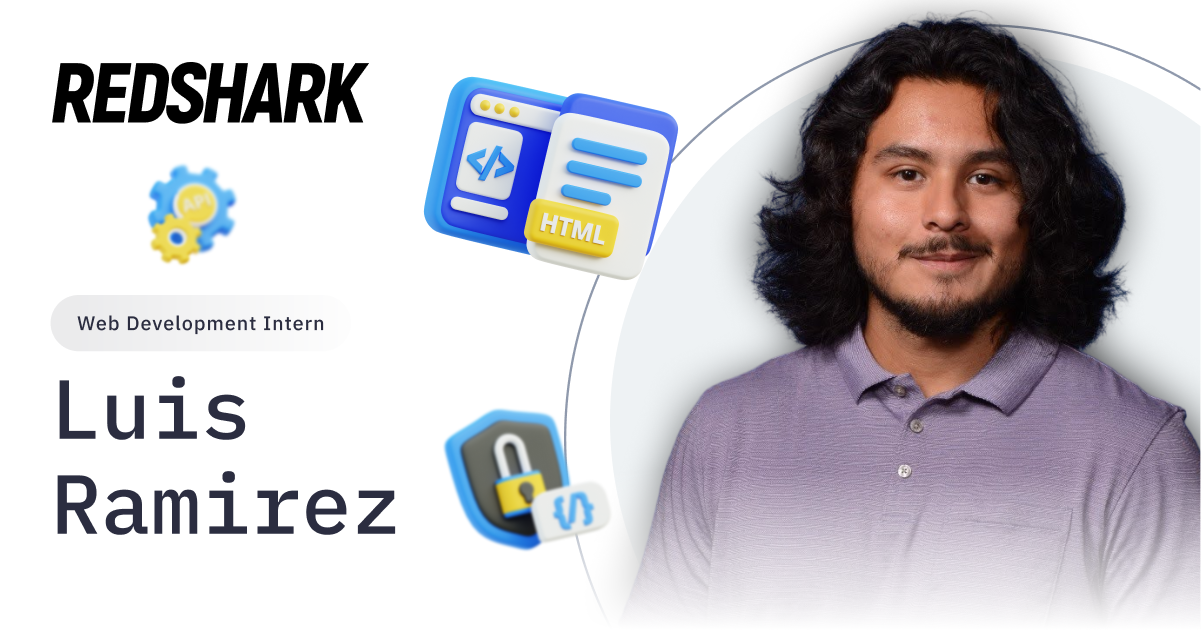Facebook Pixel Is Officially Being Deprecated
Facebook Pixel Is Officially Being Deprecated
Featured & Recent Articles
Facebook Pixel Is Officially Being Deprecated
Is the Facebook pixel going away? In a recent TikTok video, Jon Morgenstern said his ad rep mentioned that the Facebook conversion pixel will die in three months. As we know, the end of third-party cookies is quickly approaching, which means that all advertising platforms, including Meta, are prioritizing user data protection.
So, what does this mean for social media advertisers?
First, it means we need to take cookieless advertising seriously and plan to mitigate the risks of losing data. Next, advertisers need to learn the ins and outs of Meta Conversions API. But do you even remember what Conversions API is?
Let’s review…
What is the Meta Pixel?
The Meta pixel has been a cornerstone of online advertising since its inception. It's a piece of code placed on your website, enabling you to track and measure user interactions with your website. The pixel collects data on user behavior, such as page views, clicks, and conversions, and sends findings back to Facebook. Social media advertising professionals analyze this data to optimize ad campaigns, track ad performance, and create highly targeted audiences.
Other ways to utilize a Meta pixel are by enabling precise retargeting and leveraging the power of Facebook's vast user base to reach the right people at the right time.
What is Conversions API?
As Facebook bids farewell to the Facebook pixel, they introduce a more robust and privacy-centric solution: Conversions API. This new arrival marks a significant shift in how advertisers collect and utilize data for their campaigns.
The Conversions API is essentially an advanced way to share customer events, like purchases or sign-ups, directly with Facebook servers. Unlike the pixel, which relied on browser-based tracking, the Conversions API operates server-to-server, making it more resilient to ad blockers and privacy regulations.
How does Facebook Conversion API work?
When a user takes an action on your website, such as making a purchase, that event is sent to Facebook servers via the Conversions API. This data then attributes conversions to specific ad campaigns, optimize ad delivery, and build audiences for targeting. While there are so many benefits of utilizing the Conversions API, our Facebook advertising experts identify some of the key advantages over the traditional Facebook pixel:
- Enhanced Data Accuracy
- Improved Privacy Compliance
- Resistance to Ad Blockers
- Cross-Device Tracking
What to expect from Meta Advertising?
The Facebook pixel has been a staple of digital advertising for years; however, as the digital landscape evolves and privacy concerns take center stage, it is more than likely that the Facebook pixel will deprecate in the upcoming months. No need to worry, we all know adaptability is key in the digital space! Stay tuned for updates and guidance from digital marketing agency experts at Red Shark Digital on seamlessly transitioning to the Conversions API.













.png)

.jpg)







.png)
